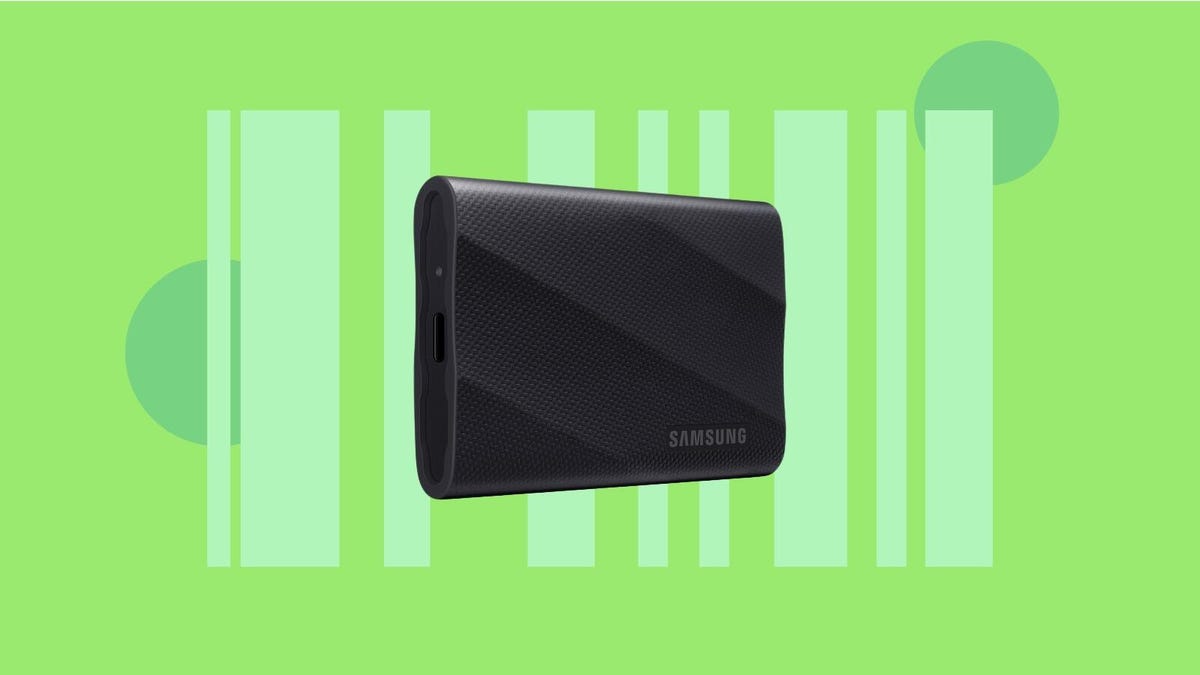
There are so many different types of external storage that it’s sometimes difficult to know which to choose, but the Samsung T9 is certainly worth considering. It’s the company’s latest and fastest portable drive and comes in a number of storage configurations. And with savings of up to $100 available today only, you should run, not walk, to B&H right now.
These deals start with the 1TB Samsung T9 Portable SSD which would normally sell for around $145 but if you order today you’ll pay just $100. Note that the discount is applied automatically when you add your SSD to your cart, so you don’t have to enter any codes here. Looking for more storage? The 2TB model is now just $150 rather than $250 — again, the discount is applied automatically at checkout, but that extra discount disappears when the day is out. And though it’s not a one-day sale, the 4TB model is also discounted to $330.
What sets the Samsung T9 apart from other external SSDs is its ability to hit an impressive 2,000 megabytes per second read and write speed, which is close to the 2,600MBps that an internal NVME SSD can manage. That means you’re getting performance speeds that can almost match an internal drive, giving you much more room to run intense applications like games or editing software. Even better, it can sustain those speeds for quite a while, so you won’t experience slowdowns or have issues with running apps from the Samsung T9.
Extended read/write activity can make any external hard drive heat up, but the T9 helps mitigate that with its thermal guard tech. It also has 9.5-foot drop protection, which is great if you need a portable drive without worrying about handling it super carefully. Add to that the five-year limited warranty, and you’re getting an overall excellent drive.
Need a little more storage than these portable SSDs have to offer? Check out our list of the best NAS deals for all the very best prices in high-capacity storage.
More shopping deals from CNET
